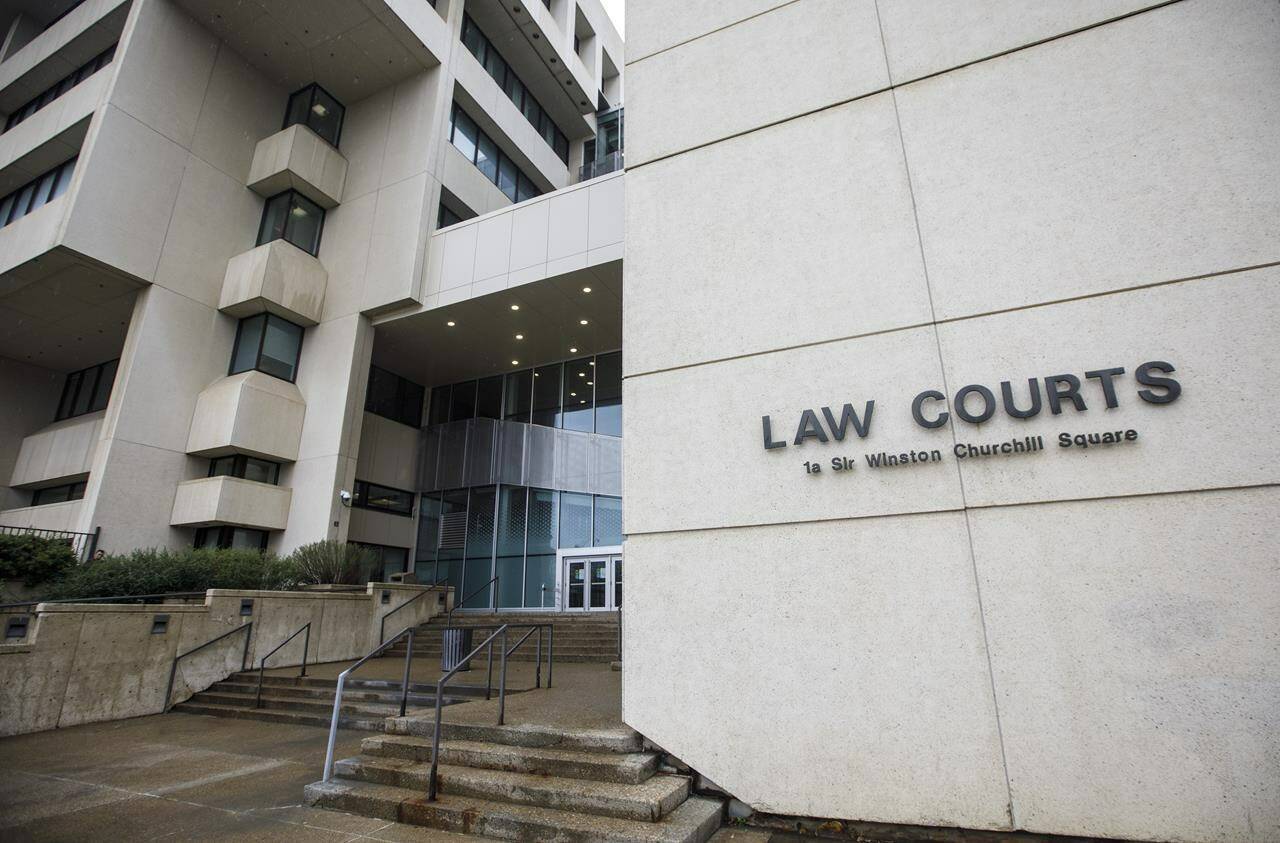An Alberta judge has dismissed an Edmonton law student’s challenge to the legal profession’s mandatory Oath of Allegiance to the monarch.
Prabjot Singh Wirring had argued the portion of the oath mandated by the Legal Profession Act that includes pledging allegiance to the sovereign violates his Charter rights to religious freedom and equality.
Wirring, who is an Amritkhari Sikh, said he is only allowed to pledge allegiance to a divine being in the Sikh tradition and not Queen Elizabeth, who was the reigning monarch at the time his suit was filed.
He said the Oath of Allegiance to the queen was incompatible with his beliefs and filed a statement of claim last year against the Law Society of Alberta and the Alberta government.
Wirring obtained a law degree from Dalhousie University and completed his articles. In order to be admitted to the Law Society and practise law in Alberta, the Legal Profession Act requires an applicant to swear various oaths in open court before a judge.
No concerns were raised with respect to the other oaths.
“Given Mr. Wirring’s stated willingness to swear the other oaths, which reference abstract concepts like the sovereign’s interest, the public interest, and the rule of law, it is evident that he is not religiously prohibited from swearing oaths to ‘literally anything,’” Court of King’s Bench Justice Barbara Johnston wrote in her ruling posted Monday.
Wirring argued the Oath of Allegiance shouldn’t be interpreted as anything but an oath to the queen in a literal sense.
Johnston disagreed.
“I have found that the Oath of Allegiance is properly characterized as an oath to uphold and maintain the rule of law and the Canadian constitutional system,” she said.
“Any reference to the queen in the Oath of Allegiance is as a symbol of these values, and not to the queen as a political or religious entity.”
The Canadian Press

